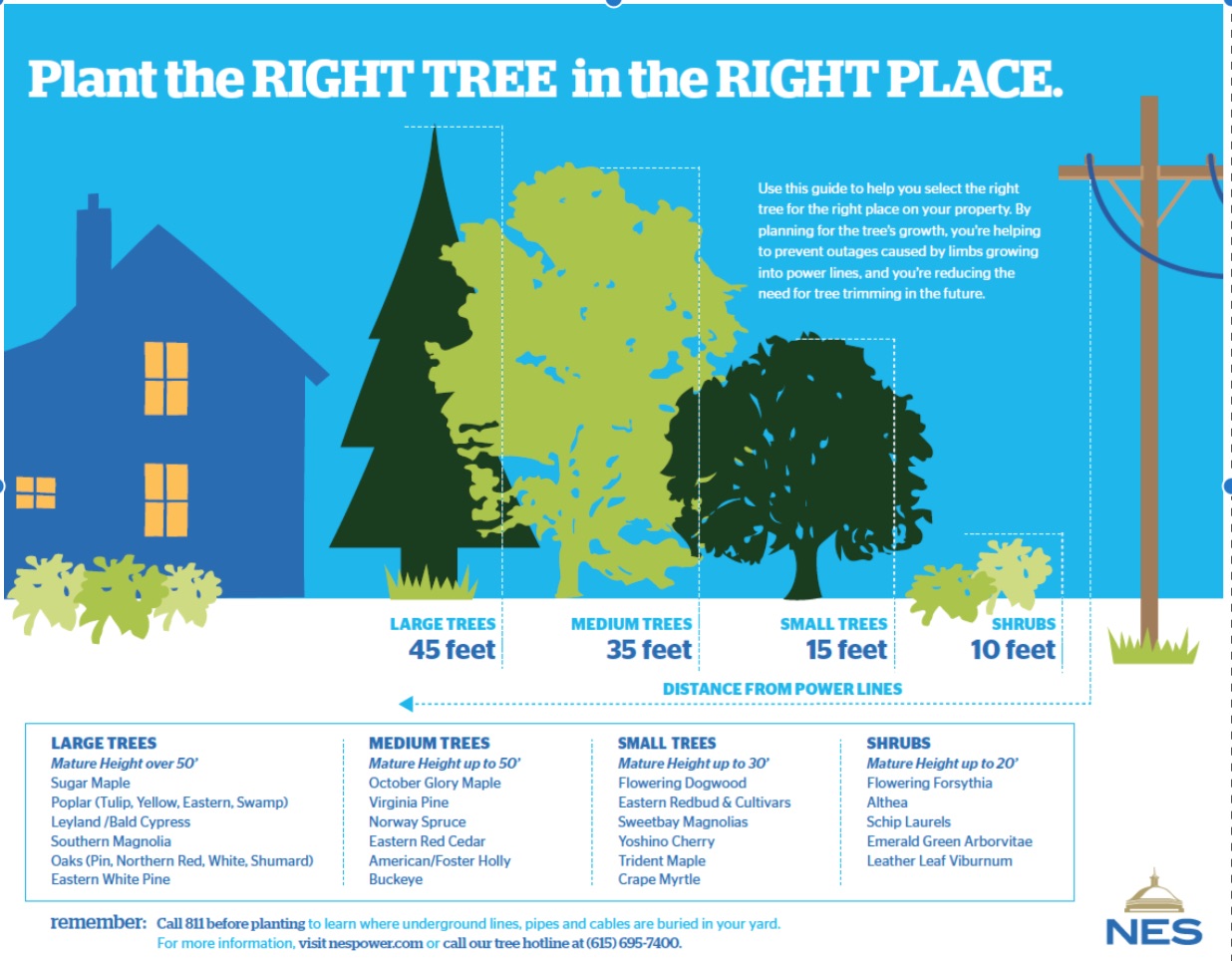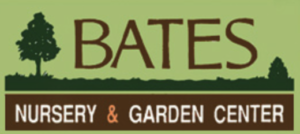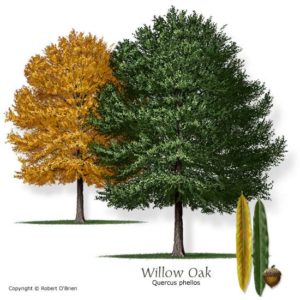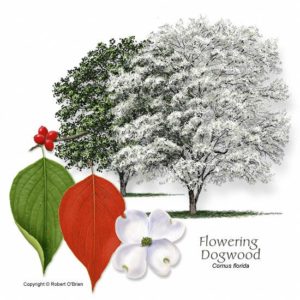Tree Planting
Please note: All new projects will be scheduled for 2025-26 Fall/Winter installation. All plans must be in place by September 1, 2025.
While we do perform tree removal, Full Circle Tree & Shrub loves to replenish landscapes with new trees and shrubs! We can work with you to plant quality tree and shrub species that will thrive in your landscape. We recommend planting during dormancy (typically late October to early February, but prefer to get all trees installed by mid-December, weather permitting). We conditionally warranty most of our trees for a year provided they are planted in ideal weather conditions and maintained properly.
Tree planting is an involved process, but we can help with the following:
- Select appropriate plant species that will work well for the desired area.
- Choose proper placement to accommodate root and limb growth
- Coordinate with the nursery to order and deliver trees
- Help you prepare your landscape for installation
- Call 8-1-1 to mark utility lines
- Old shrub and tree removal
- Stump grinding and root chasing
- Schedule your installation when weather and ground conditions are appropriate
- Provide ongoing advice & support for your new plants
CAVEATS:
- We do not weed or create beds, install small plants like perennials or provide full landscaping plans, but can recommend gardeners to enhance your space. Use Full Circle for the big stuff (up to 3″-3.5″ caliper trees).
- Mulching is included with all new trees & shrubs.
- Plant care instructions and ongoing support are also included with any installation.
- Cost and availability are subject to change as plant procurement is becoming increasingly difficult due to extreme weather events.
- Inconsistent weather patterns make transplant success difficult to guarantee. We offer conditional warranties to guarantee plant health & proper installation, but full-cost replacement is only offered for extreme conditions.
- With a complimentary estimate we can provide a basic list of recommended trees for your landscape (no pricing, no reference links, no specific cultivars).
- With a paid consultation (starting at $200), we will provide a planting plan that includes links and price trees based on current stock at our preferred nurseries. This fee:
- Covers our time consulting on site with you, researching, sourcing & pricing plants
- Does not lock you into proceeding with the plan, but is non-refundable
- Is credited towards handling the logistics of your project, including plant procurement, delivery & installation should you decide to proceed
- Includes follow-up assessments and ongoing tree care support
Contact us today to discuss your options
For reference, please read “Plant the Right Tree in the Right Place” from the University of Tennessee Agricultural Extension Service.
We proudly purchase our plants from:
Trees we love to plant!
Red Maple (Acer rubrum)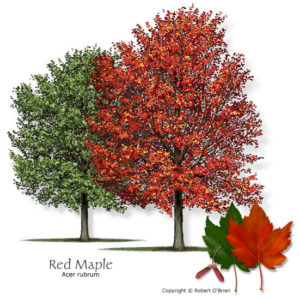
Saucer Magnolia (Magnolia Soulangeana)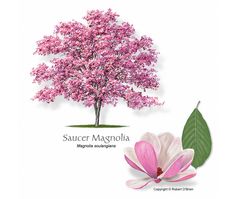 Lacebark Elm (Ulmus parvifolia)
Lacebark Elm (Ulmus parvifolia)
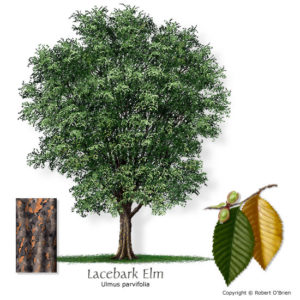
Willow Oak (Quercus phellos)
Flowering Dogwood (Cornus kousa or Cornus florida)
Trees we do not plant (prohibited in Davidson County):
Bradford Pear (Pyrus calleryana)
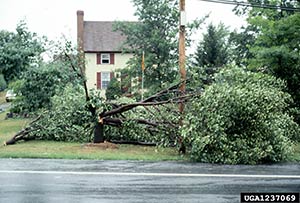 These are very weak-wooden trees that need constant attention and eventually will split. Unfortunately a common practice is to top the tree to reduce the chance of splitting, but topping is actually quite harmful, creating the need for maintenance more often. We recommend removal of the tree and replacing with a lower maintenance tree. The cost of maintaining/topping a bradford pear for a handful of years will far exceed the cost of removal/replacement.
These are very weak-wooden trees that need constant attention and eventually will split. Unfortunately a common practice is to top the tree to reduce the chance of splitting, but topping is actually quite harmful, creating the need for maintenance more often. We recommend removal of the tree and replacing with a lower maintenance tree. The cost of maintaining/topping a bradford pear for a handful of years will far exceed the cost of removal/replacement.
Leyland Cypress (Cupressocyparis leylandii)
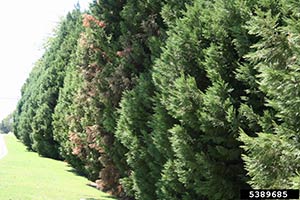 A fast growing evergreen, these trees look great in your landscape, but they are susceptible to a handful of different cankers (an untreatable condition). We can recommend replacement options or alternatives based on your needs.
A fast growing evergreen, these trees look great in your landscape, but they are susceptible to a handful of different cankers (an untreatable condition). We can recommend replacement options or alternatives based on your needs.
Silver Maples (Acer saccharinum)
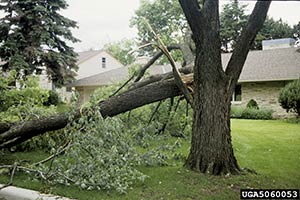 These maples grow really fast, but keep in mind most trees that grow fast are weaker than slower or medium growth rate trees.
These maples grow really fast, but keep in mind most trees that grow fast are weaker than slower or medium growth rate trees.
Pin Oak (Quercus palustris)
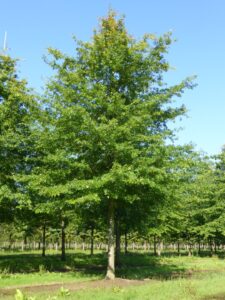 This specific oak cultivar is not suitable for alkaline soils and we have seen an increase in their decline over the last decade. Pin Oaks can have numerous issues, including chlorosis (yellowing of leaves) which can severely damage this tree. Pin oak is susceptible to common oak diseases including oak wilt, chestnut blight, shoestring root rot, anthracnose, oak leaf blister, cankers, leaf spots and powdery mildew. Potential insect pests include scale, oak skeletonizer, leaf miner, galls, oak lace bugs, borers, caterpillars and nut weevils.
This specific oak cultivar is not suitable for alkaline soils and we have seen an increase in their decline over the last decade. Pin Oaks can have numerous issues, including chlorosis (yellowing of leaves) which can severely damage this tree. Pin oak is susceptible to common oak diseases including oak wilt, chestnut blight, shoestring root rot, anthracnose, oak leaf blister, cankers, leaf spots and powdery mildew. Potential insect pests include scale, oak skeletonizer, leaf miner, galls, oak lace bugs, borers, caterpillars and nut weevils.
For reference, please read “Trees to Reconsider Before Planting” from the University of Tennessee Agricultural Extension Service.
Tree Transplanting
Tree transplanting is a service we can provide, but in many cases do not recommend. We can accommodate moving some trees under 3″ caliper (referring to the diameter of the trunk), but we cannot provide any guarantee for transplant success. Typically it will cost less and increase success rate if we plant a new tree, rather than moving an already established tree. Contact us with any questions!

